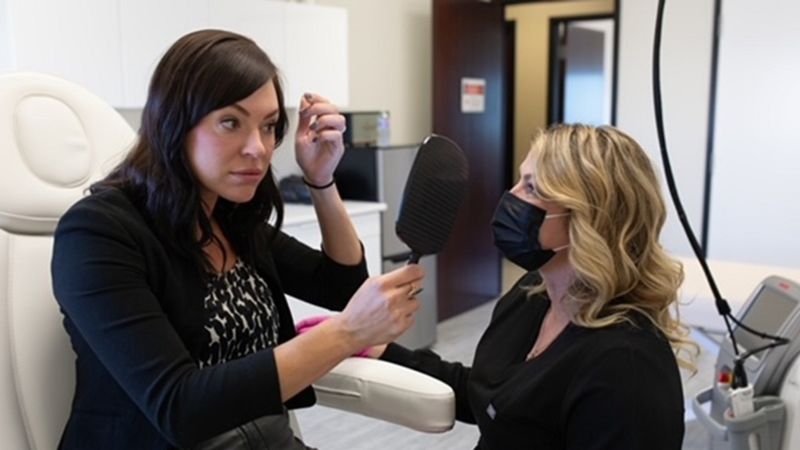In the Longevity Race, the Least Toxic Ones Win
B y Janine Favreau
To quote Suzanne Somers, “Were all on a big, chemical drunk, and the hangover is a killer.”
We are subject to hundreds, if not thousands of chemicals in our foods, cleansing products, body products and the air we breathe on a daily basis. What is known is that your toxic burden is largely related to your purchasing decisions and lifestyle.
Tests have confirmed that those who eat non-organic foods and use chemical based products tend to have far higher level of toxins in their system. Your choice of building materials and furniture can also play a role, as many contain toxic chemicals like flame retardants.


